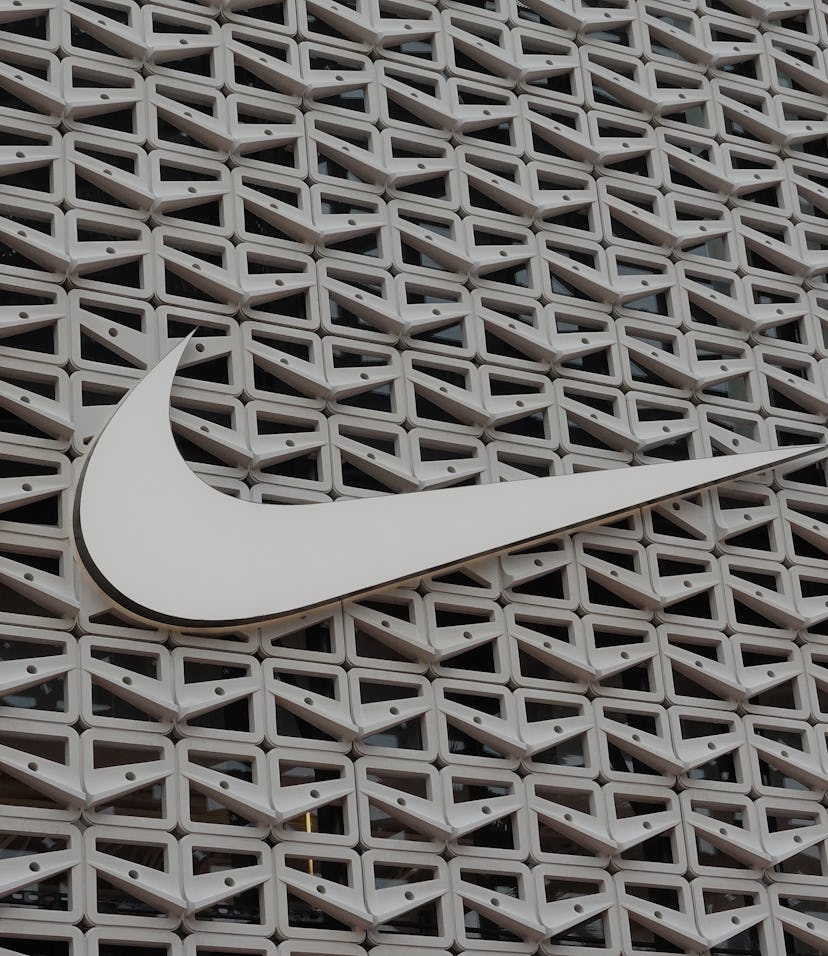Interview
Nike focuses on sustainability and diversity in its annual report
“Inclusion makes us more innovative,” Vice President of Purpose Communications Vanessa Garcia-Brito tells Input.

Nike celebrates its 50th anniversary this year, and it’s doing so while keeping the next 50 years in mind. The company’s annual report shows that the brand is meeting a majority of its ambitious 2025 targets surrounding sustainability and inclusion, with hopes to move the world forward through the power of sport.
Much like training for a marathon, Nike is taking a long-term view at its goals, Vice President of Communications Vanessa Garcia-Brito tells Input. The company is “being very intentional about where [it’s] setting those targets and why [it’s] setting them,” she adds. By staying open to innovation — and the challenges that may come with — Nike can create a more equitable space in sports and society, Garcia-Brito says.
Who is Nike? — Since last year, Nike has increased the number of U.S. racial and ethnic minorities at the Director level and above to 30.3 percent, while also increasing the amount of women in leadership roles globally to 43 percent. “We have the largest women’s team we’ve ever had before,” Garcia-Brito says. Overall, the company’s representation of women increased to 50.4 percent, surpassing a goal Nike had set for 2025 — and the same elevated representation can be expected for upcoming collaborators, Garcia-Brito adds.
“We know that inclusion makes us more innovative,” she states. “It makes us better generally as a team and as a society — and [real inclusion] requires commitment, resourcing, and staying with it.” So far, Nike has invested $125 million to support organizations leveling the playing field and addressing racial inequality.
An additional $10 million investment has helped the brand increase its engagement with Hispanic-serving institutions and historically Black colleges and universities, creating a more diverse pipeline for interns and direct hires. “[Nike] isn’t just a brand with heritage,” Garcia-Brito says. “We're also the brand of the future, and to create the future you have to do that with different perspectives.”
“TO CREATE THE FUTURE, YOU HAVE TO DO THAT WITH DIFFERENT PERSPECTIVES.”
The company’s inclusion efforts span all the way to kids, too. As Garcia-Brito notes, play is foundational to sports — and with Nike’s Made to Play community programs boasting an increased 50 percent participation from girls, a base is laid for a more equitable athletic future. In total, Nike reached nearly 600,000 kids worldwide though its national and local partnerships, which the company has invested $97.9 million in — a number that far exceeds its 2025 goal.
The future of sport is the planet — Yet protecting the future of sport means protecting the planet, says Garcia-Brito. As the largest company in its industry, Nike has strived to be sustainable throughout its supply chain: This year, 100 percent of manufacturing scrap at the brand’s suppliers was diverted from landfills, and emissions were significantly reduced by reusing existing plastics, yarns and textiles.
Moving forward, Nike wants to reduce its GHG emissions by 70 percent in its owned and operated facilities by using 100 percent renewable energy — a goal the company has already achieved by 78 percent. The LeBron James and Serena Williams buildings at Nike’s Oregon headquarters received LEED Platinum certification, minimizing the facilities’ environmental impact and improving their operational efficiency.
“This report is a reason to feel really optimistic and excited about the future,” Garcia-Brito concludes. As for what’s next for Nike, she says the company will continue to “always change the game.”